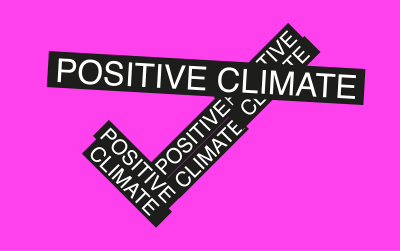Easter Switch-off
Every year, UCL runs an Easter Switch-off competition to see who can reduce the most energy over the Easter break period.

10 May 2022
Hundreds of staff and students participate in the Easter switch-off. They switch off fridges, microwaves, lights, mics, projectors, monitors, lab equipment, ventilation, and heating!
Energy savings are made across UCL, from our libraries to our labs and takes us a step closer to our sustainability goals.
If we switched off like it every weekend, UCL could reduce its carbon emissions by around 1,300 tonnes and shave nearly £700k off the energy bill every year.
It shows small changes can lead to a huge impact. Simple changes in our everyday behaviours, like switching off non-essential equipment, will help to tackle the climate crisis.
Campaign results
- Easter Switch-off 2023
All 300 pledges resulted in a combined saving of 32 tonnes of carbon.
Winners
50 departments and residences across the university who took part. But our winners were:
- The Ear Institute
- Division of Bioscience
- Bartlett Faculty Office
- Easter Switch-off 2022
All UCL's pledges resulted in a combined saving of 69 tonnes of carbon – that’s equivalent to planting 1,143 trees.* This saved UCL an impressive £39,710 over the Easter closure – more than a sizable nest egg!
Winners
- Most pledges - The Institute of Neurology and Stapleton House (63 pledges)
- Most savings - The Bartlett School of Architecture reducing their energy use by 51%!
Savings Calculations
*On average, one tree can consume approximately 60kg of CO2 from the atmosphere.
- The holiday period was from 13.04.2022 – 18.04.2022
- Energy used during the holidays = 2,379,873kWh
- Savings compared to term time = 353,406kWh
- Average weekday energy use during term time = 434,091kWh
- Average weekday energy use during holidays = 388,850kWh
- Average weekend energy use during term time = 363,655kWh
- Average weekend energy use during holidays = 353,020kWh
- Figures based on DEFRA carbon factor
 Close
Close


